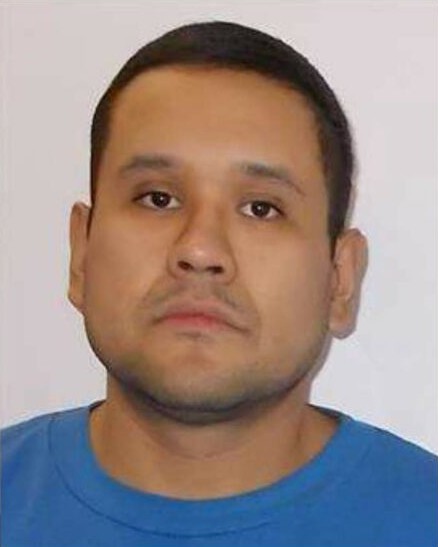A national investigation into the statutory release of Myles Sanderson concluded there were no “pre-incident indicators or precipitating events that were known to staff, or that staff could have acted upon to prevent this incident,” referring to the stabbing rampage in September 2022, which killed 11 people on the James Smith Cree Nation and the Village of Weldon. Many other people were injured in the ordeal.
On September 23, 2022, Correctional Services Canada, and the Parole Board of Canada convened a National Joint Board of Investigation (BOI) to conduct a comprehensive review of Sanderson’s file.
An Executive Summary released Tuesday found “there were contributing risk factors to this incident that included Sanderson’s lengthy criminal history and his propensity for violence, along with his turbulent and often violent relationship with his common-law partner. The contributing risk factors were known to staff, and they were attempting to address them through Sanderson’s Correctional Plan.”
The report highlighted that the quality of supervision of Sanderson’s statutory release was reasonable and appropriate.
The BOI found that Sanderson’s “history of domestic violence was a significant factor in his criminal history, and the documentation of how that risk affected his overall risk could have been better detailed by staff, at all levels, that were involved in making recommendations and decisions on lower security ratings or conditional release.”
Sanderson’s release was revoked on two occasions, in 2021 and May 2022. The May revocation was for breaching a special condition “to have no contact with Vanessa Burns or your children except for what is necessary for parenting responsibilities and for counselling or programming related to domestic violence or parenting and with prior permission from your parole supervisor.”
At the time of the stabbings, Sanderson was serving his first federal sentence for assault, assault with a weapon, assaulting a peace officer and other offenses.
“The BOI found the seemingly limited sharing of information from police agencies to be an underlying issue that prevented Parole Staff from potentially being more actively engaged in law enforcement efforts to locate Sanderson while he was unlawfully at large.”
While at the Saskatchewan Penitentiary, there was a failure to gather all relevant information during intake. Even though Sanderson was assessed by health staff, there were deficiencies in the manner in which his mental health was assessed and managed.
The investigation’s report issued several recommendations for the parole board and four for the Correctional Service of Canada, including domestic violence training for staff involved in assessing risk levels of offenders.
Leaders with the James Smith Cree Nation said they were disappointed with Corrections officials in not being included in the parole investigation.
“We’re disappointed Canada chose to do an investigation and make recommendations focused on Indigenous inmates without us. That speaks volumes to us when one of our band members was the perpetrator, and it’s our people who died in the massacre,” said James Smith Cree Nation Chief Wally Burns. “We don’t want any other community to experience the loss of life we did on September 4, 2022. We’ve been examining the failures of Correctional Services Canada and the Parole Board and see many opportunities to improve public safety.”
First Nations leadership met Monday with officials to discuss the report. They accuse Corrections service of Canada of withholding the report until after the two public inquests into Sanderson and the stabbings were completed, despite the report being finished last year. This while lawyers objected to questions about the report at the inquest. Leadership said they learned Monday that Corrections and Parole Board officials have already developed an implementation strategy for the recommendations, without including the James Smith Cree Nation.
“We are disappointed as CSC and PBC have unilaterally developed their proposed responses to the report and simply presented it to us as a “done deal.” We see our people exit prisons more criminalized and recruited into gangs. Many exhibit signs of an institutionalized mindset and anti-social behaviour that they need help to overcome to reintegrate into society,” said Peter Chapman Band Chief Robert.
A call for a national inquiry into the justice system is being supported by the Prince Albert Grand Council, Federation of Sovereign Indigenous Nations and the Assembly of First Nations.
(With files from the Canadian Press.)
